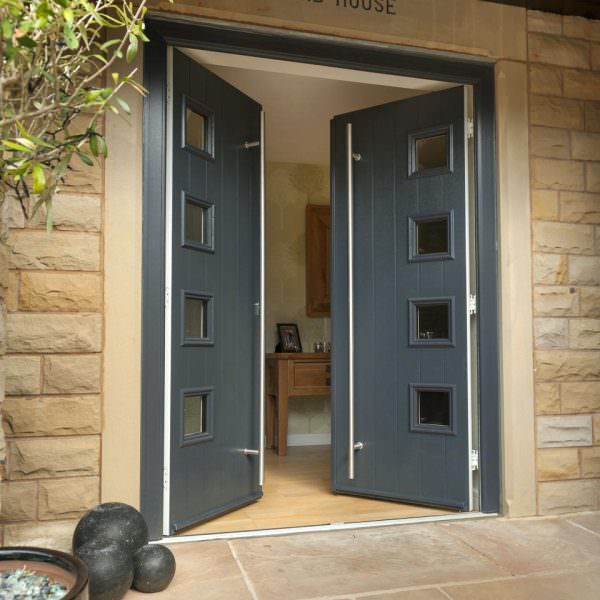
Timber - PVC - Aluminium - Windows, Doors & Conservatories in Dorset
Condensation
Condensation
How to stop condensation on windows?

Condensation on glass? If there’s one question that we get asked on a regular base it’s ‘will double-glazing stop condensation forming on my windows?’. The answer, is unfortunately, not entirely straightforward.
Condensation (National Geographic explantion) on windows is a problem in lots of properties. In itself, a little bit of condensation isn’t too much to worry about but if left unchecked, the build-up of moisture can lead to the formation of black mould.
This is altogether more sinister, with the spores released by the mould linked to a host of health concerns including asthma and breathing problems, particularly in children.
Double or triple glazing can be part of the solution but also if incorrectly installed, part of the problem. To understand why, you need to understand a little bit about how and why condensation forms.
Why does condensation on glass form?
Condensation occurs when warm, moist air meets surfaces that are cooler than its dew point temperature. This is the point at which the water vapour in the air becomes more concentrated, forming droplets – condensation.
This is why in autumn and winter single-glazed windows tend to attract far more condensation than double or triple glazed windows.
How double and triple glazed windows can help reduce condensation?
This is where energy efficient double glazed windows or triple-glazing become part of the solution. Using two or three pieces of glass, they create space between the cold air outside on a winter’s day and the warm air inside your home.
This has two effects. It means that the air inside your property remains warmer and the warmer air, the more water vapour it can hold. The second is that the pane of glass inside your property is also warmer because it’s protected from the cold air outside and is more likely to remain above the dew point on all but the very coldest of days.
This is why you’ll see two identical properties, one with single and one with double glazing, with condensation streaming down the windows of the single glazed property with little to no condensation on the double glazed windows.
Why double and triple glazing can be part of the problem
But there is a ‘but’. The whole point of double and triple glazed windows is to keep warmth inside your home, cutting the cost of heating. They do this through energy efficient glazing units and by provide a far more effective seal than old windows, stopping warm air from leaking out or cold air leaking in.
This means that if you’re creating moisture in your home (which you are) you need to make sure that you ventilate it effectively. Cooking, washing – it all contributes to the moisture content of the air inside your home and you need to let it out.
The importance of ventilation
Ventilation – this is something often overlooked. Energy efficient windows and doors seal your property, so you need to make sure that it’s adequately ventilated. At its most basic, simply opening a window in a bathroom after showering, can make a huge difference to the build-up of moisture within your home.
If it’s doesn’t do the trick you might want to consider installing extractor fans in high moisture areas, for example bathrooms, showers and kitchens.
Window trickle vents provide another solution, these allow a controlled, consistent and low level air-flow within your home, bringing in fresh air and removing stale moisture filled air. Good window installation businesses will raise this with you as part of the window design process.
A lifestyle change
But it’s the lifestyle changes which have the biggest impact:
- Dry washing outside whenever you can. Washing draped over radiators and the backs of chairs releases huge volumes of water vapour into the air as it drys
- Do you have lots of plants in the house or room? If so think about where the water goes that you use to keep the plants alive.
- Always cover pots and pans while cooking and don’t leave kettles boiling
- Keep bathrooms and kitchen doors closed while in use
- Insulate and maintain a constant temperature using low level heating
- Avoid the use of portable gas heaters inside the home
- If the above is followed and you still have a problem then consider purchasing a dehumidifier
Technical information on Condensation on glass
Manufacturers technical information PDF download
*As a footnote if windows are misted on the inside of the glass, it means that your double-glazed unit has failed and will need to be repaired or replaced.
Further information is on our Customer Care page Condensation and where it can form on glass













